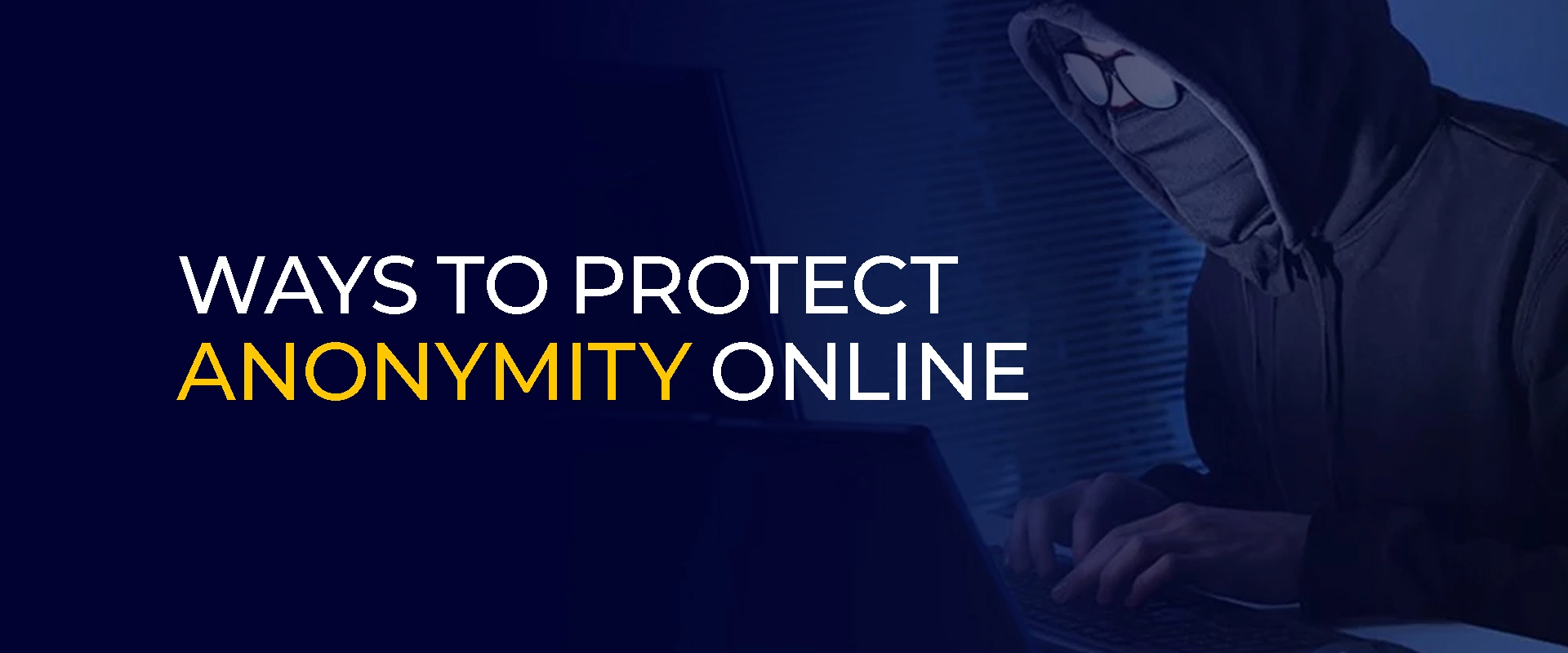

Get 93% OFF on Lifetime
Exclusive Deal
Don’t miss out this deal, it comes with Password Manager FREE of cost.
Get 93% off on FastestVPN and avail PassHulk Password Manager FREE
Get This Deal Now!By Christine Margret No Comments 5 minutes

VPNs are the key method to protect your identity and remain anonymous online, but they’re only one of the tools, and people who use VPNs tend to also know about some other methods for protecting their identity and staying anonymous.
People don’t all care about having elite-level security and James Bond-level technology to keep their movements quiet, but it is still worth taking a few steps to protect yourself. Knowing your bank details aren’t being shared more than they need to and even things like images are not being shared all over the place can make a big difference.
Cryptocurrency has made moving money faster as well as more convenient and often a way to stay more anonymous, or at least, pseudonymous. Cryptocurrency ledgers don’t tend to store your details linked to your account and though you may be assigned a pseudonym if you use crypto, this isn’t tied to personal details like your address.
One industry where it is easy to make the switch to crypto is the gambling industry, masses of sites have already made the switch and now use cryptocurrencies instead of traditional currencies as their main way of moving funds. Bitcoin is especially popular, being the most well-known and widely-used crypto. Signing up for a Bitcoin casino can also lead to customers receiving bonus Bitcoin funds or rewards, too.
Studies estimate that the majority of crypto transactions involve gambling, showing that the industry has taken up the technology and turned it into a more mainstream function. On top of this, there are a lot of benefits besides anonymity like the speed of moving funds, and the fact that there isn’t an added party like a bank or credit card issuer makes it quicker. Blockchain technology is built to be secure while staying lightning-fast.
Virtual Private Networks, or VPNs, are a way to make yourself virtually untraceable via an IP address. People connecting to websites don’t have their IP shared as they appear to be coming from the IP of the VPN connection. VPNs serve as a mask for online connections.
Key uses of VPNs include making it look like you’re accessing from another physical location. VPNs have a lot of different server locations and users can appear to the websites or apps they’re using as if they are accessing from these specific locations. On vacation and your streaming services suddenly don’t work or show differing titles? Change your location via a VPN!
VPNs only preserve anonymity in respect of providing masking for your IP address and devices, though, and aren’t the only way to stay protected.
Private browsing is something that a lot of people do in order to stop cookies and data from being stored on their computers or shared with advertisers.
Rejecting cookies that aren’t essential can also limit some of the things that companies can do with your details and data and how much they can track the sites you’re using (and how you are using them).
Disabling JavaScript is another potential way that people can tweak their browsing habits and become more anonymous and less traceable. JavaScript can help a web server identify things about your use of the internet, and build a profile of who you are and where you are accessing from, called a digital fingerprint. There are extensions to turn off JavaScript and while it limits some functionality occasionally it is a good privacy method.
Anonymous browsing can also come in the form of search engines, and while some have very specific ways they collect details and build an overview of behaviors, others like DuckDuckGo are trying to avoid this. Switching search engines could be a simple step to use.
VPNs and private browsing or even advanced plugins to protect your privacy will only work if your behaviors aren’t making you easy to track. Only share what you are happy with people seeing.
Social media has changed a lot recently in a way that can make it possible to use sites like Instagram and Twitter but remain pretty anonymous, only allowing people who you want to follow you and not giving out your real name unless you want to do so. People can have private Instagram accounts where they need to approve every follower before they can see their posts.
VPNs are a great tool for staying anonymous which is why millions use them. They only work if you are willing to use the web in a pretty responsible way, though, and don’t share info that you don’t want others to be able to easily find. Switching browsers or even using Bitcoin and cryptocurrencies is another tactic for reducing the data or “fingerprint” you leave online.
Take Control of Your Privacy Today! Unblock websites, access streaming platforms, and bypass ISP monitoring.
Get FastestVPN
© Copyright 2024 Fastest VPN - All Rights Reserved.


Don’t miss out this deal, it comes with Password Manager FREE of cost.
This website uses cookies so that we can provide you with the best user experience possible. Cookie information is stored in your browser and performs functions such as recognising you when you return to our website and helping our team to understand which sections of the website you find most interesting and useful.
Strictly Necessary Cookie should be enabled at all times so that we can save your preferences for cookie settings.
If you disable this cookie, we will not be able to save your preferences. This means that every time you visit this website you will need to enable or disable cookies again.


